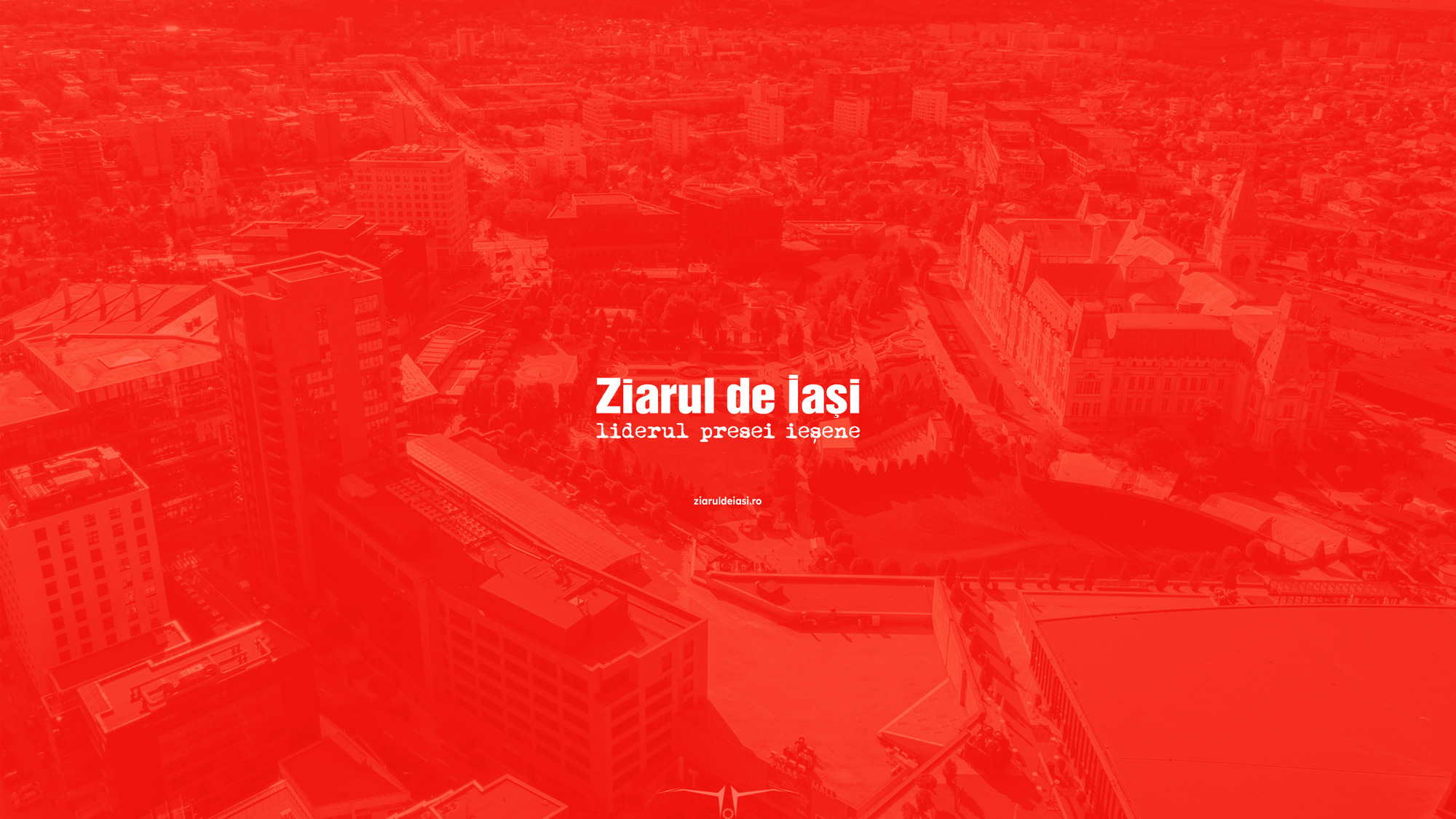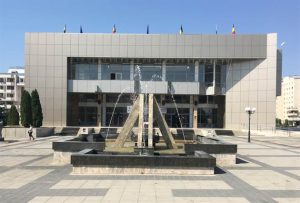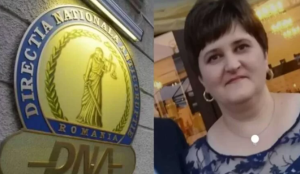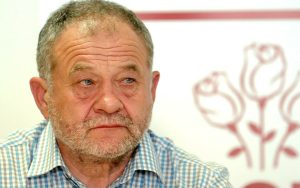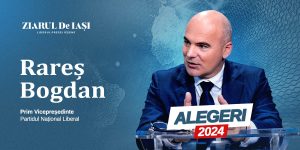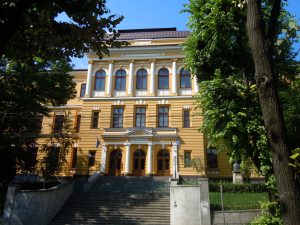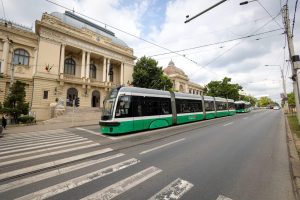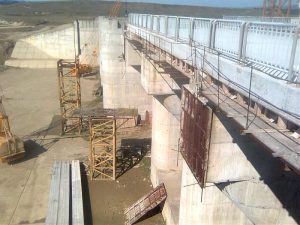
Less busy than the others, the liberal "presidentiable" Theodor Stolojan traverses the whole country to meet the countryside realities and thus come to the fore. In his way, he visits industrial parks, he autographs, he poses for pictures, he consults with businessmen, he takes the pulse of the local branches of PNL and he gives news conferences hardly imbued with three or four ideas. He doesn’t make waves, he doesn’t make bold statements or grand style promises, he gets lost in his own verbose discourses about economy, innocently ignoring the politics area. He doesn’t exert much effort to produce news. The only one the press can get is "Stolojan to come". Nevertheless, the liberal’s visits enjoy the attention of the others. The journalists thoroughly take interviews, desperately looking for information important enough to be quoted. They make concessions that they wouldn’t do for other politicians.
It seems that Stolojan’s originality as a political character is more important than the originality or the relevance of his declarations. The liberal candidate still stirs the interest though his public appearances have already become a routine.
Who reads one or two interviews with Stolojan and watches him in a few TV shows could say he knows him pretty well. There are a few attitudes and statements that we can see and hear in all circumstances. First of all, Stolojan wonders a lot. The indignant stupefaction is one of his main electoral devices. "How is this possible that Romania be such a poor country?!", "How come the inflation is so big?!", "By what means is Romania a champion of the export of gross lumber?!" and so on. A big part of Stolojan’s technocratic fame was built on rhetorical questions. The audience should estimate his competence not from the solutions he offers but especially from his stupefaction attitudes, supposing a previous personal analysis.
Second, Stolojan doesn’t avoid being prolix and boring. The less explicit the phrasal sequence, the better. That means he is a technocrat. Thirdly, his discourses are monochromatic. His one and only interest point is the economy. This is the primordial principle. This economic determinism could originate in the limited political culture of the liberal candidate but, certainly, it is also an electoral calculation. It has become a fashion, lately, to talk about economy though it has never been a topic easily digested by the public. Stolojan’s concern for the economics is a refined form of populism: the subliminal message transmitted is the concern for the everyday problems – sufficient food in the refrigerator and money in the pocket.
Finally, let’s notice another constant in the public behavior of Stolojan. He naturally displays his ignorance in different fields. He doesn’t talk almost at all about foreign affairs, and, when provoked, he commits embarrassing mistakes. The institutional reform that he envisages ignores, on the one hand, the essential element that is the political culture and, on the other, the political environment, much more complicated than he has ever hoped it to be.
Anyone could easily notice that, actually, the electoral strategies of the liberal leader are quite effective. The discussions about the EU or NATO integration are uninteresting for the one who has no money in his pocket. But the great danger is that Stolojan confound the electoral strategieswith the priorities of the presidential function. As the chief of the state, he would have in his hands a lot of attributions, which he doesn’t really seem to prepare for. After the elections we might find out again that a candidate who talks to the "men in the street" likening is not obligatorily a good president.
(Adrian CIOFLANCA)

